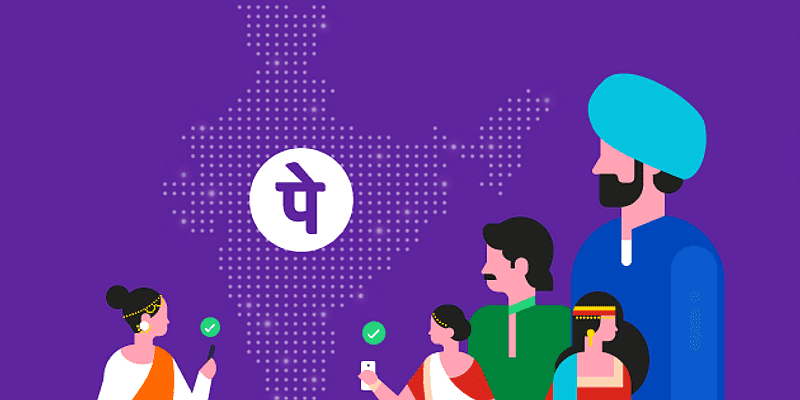 18-12-2020
18-12-2020
PhonePe crosses 11 million insurance premium payments

 Insurance Alertss
Insurance AlertssPhonePe crosses 11 million insurance premium payments
PhonePe said on Thursday that it had processed over 11 million insurance premium payments on its platform in 2020, with more than half the payments coming from users in lower-tier cities.
The fintech giant said it "saw a massive spike" in premium payments over the lockdown months, most likely spurred by panic buying of health insurance policies as people looked for tools that could better help them financially fare any health issues caused by the COVID-19 virus.
Several crores of people who lost their jobs during the pandemic — and by extension, any corporate health coverage — also contributed massively to the increase in personal insurance purchases during the initial months of the pandemic.
PhonePe said nearly 80 percent of its premium payments came from users in Tier-II and Tier-III cities — a market that fintech players are laser-focused on as they look to expand their customer base. Earlier this year, Paytm bought insurance firm Raheja QBE for $74 million to broaden its insurance offering, as well as make good on its financial inclusion promise, especially considering that insurance products continue to have one of the lowest penetration rates in India among financial services offerings.
A major reason for the low penetration of formal financial services such as insurance, credit, and savings is inaccessibility to financial institutions, especially for those living in rural and far-flung areas — but startups like PhonePe and Paytm are working towards changing that. "Digital payments will only continue to grow in popularity and we are on course to achieve our goal of building a truly open payments platform for a billion Indians," Ankit added.
PhonePe facilitates insurance premium payments on its platform for over 30 insurers, it said, at no cost to users. It recently split from its parent company Flipkart, in a deal that helped the payments processor raise $700 million in primary capital, and gave it more autonomy over its operations - including the power to form its own board of directors, and create equity incentives for its employees.
Source: Your Story
